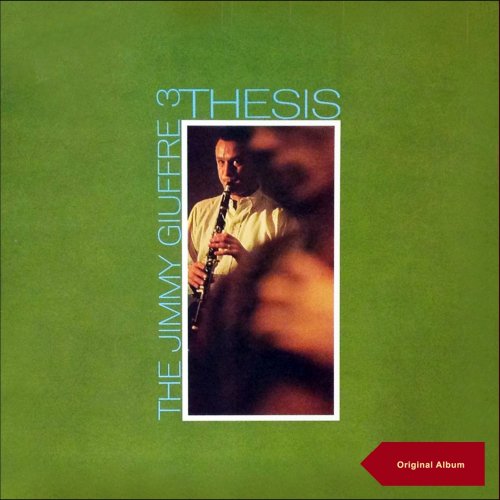Jon Nakamatsu - Liszt: The Dante Sonata & Other Works (2006)
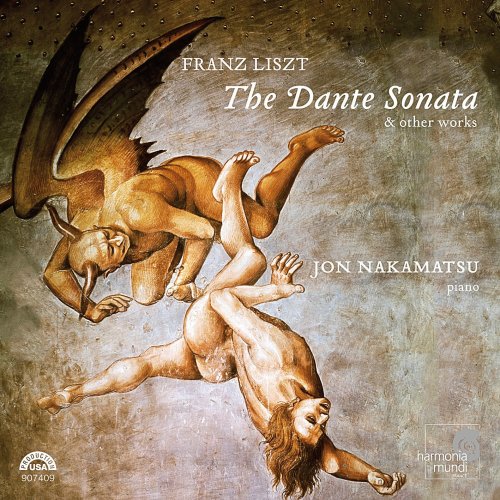
Artist: Jon Nakamatsu
Title: Liszt: The Dante Sonata & Other Works
Year Of Release: 2006
Label: harmonia mundi
Genre: Classical Piano
Quality: flac lossless (tracks)
Total Time: 01:15:50
Total Size: 212 mb
WebSite: Album Preview
TracklistTitle: Liszt: The Dante Sonata & Other Works
Year Of Release: 2006
Label: harmonia mundi
Genre: Classical Piano
Quality: flac lossless (tracks)
Total Time: 01:15:50
Total Size: 212 mb
WebSite: Album Preview
01. Années de Pèlerinage, Année II, S. 161: VII. Après une lecture du Dante. Fantasia quasi sonata
02. Années de Pèlerinage, Année II, S. 161: IV. Sonetto 47 del Petrarca
03. Années de Pèlerinage, Année II, S. 161: V. Sonetto 104 del Petrarca
04. Années de Pèlerinage, Année II, S. 161: VI. Sonetto 123 del Petrarca
05. Mephisto Waltz No. 1, S. 514
06. Impromptu (Nocturne), S. 191
07. Valse-Impromptu, S. 213
08. Frühlingsnacht, S. 568
09. Widmung, S. 566
10. Hungarian Rhapsody No. 2, S. 244
Liszt's one-movement Après une lecture du Dante (aka, the "Dante" Sonata) is one of the Hungarian composer's "you'll have to take his word for it" programmatic works. While his Liebestraume certainly sounds like a "dream of love" and his La Campanella surely sounds like a belfry full of bells, there's not much except the usual host of romantic storms and stresses to make the "Dante" Sonata sound like a work based on the author of the Divine Comedy. That's all right. Liszt's "Dante" Sonata, along with all the other works on this all-Liszt program, sounds staggeringly impressive in the hands of super virtuoso Jon Nakamatsu. There is nothing in Liszt's excruciatingly difficult piano writing that Nakamatsu cannot play with panache and aplomb. Neither in the giddiest heights of the Hungarian Rhapsody No. 2 nor the dizziest depths of the Mephisto Waltz No. 1 does Nakamatsu put so much as a finger wrong. Better than that, Nakamatsu's performances are consummately musical. He does not succomb to terminal sentimentality in the Valse Impromptu nor to fatal sensuality in the three Petrarch Sonnets and his performances of the pair of transcriptions of Schumann songs are as poetic as the originals. And if the "Dante" Sonata still sounds like it doesn't have much to do with either the fourteenth century writer or the eighteenth century musical form, it still sounds unbearably effective and overwhelmingly evocative when played by Nakamatsu. Harmonia Mundi's sound is a bit recessed, as if the microphone was placed a tad too far back in an empty hall, but still very vivid and intensely immediate.
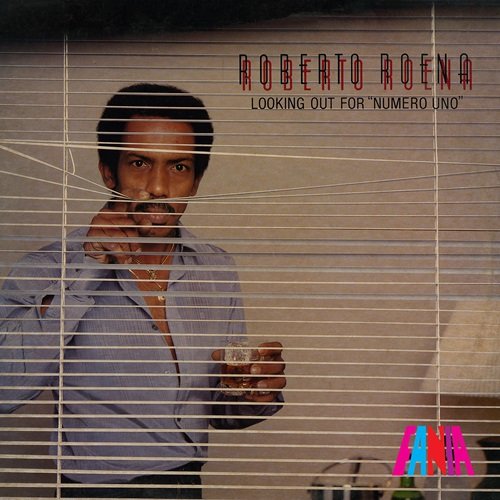
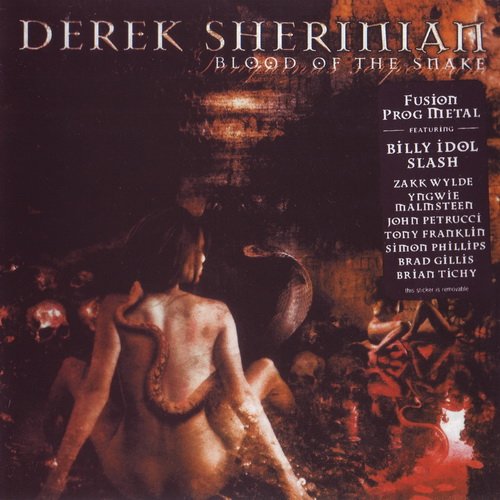
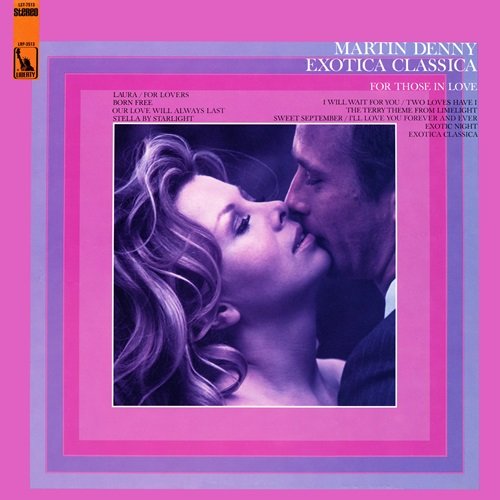
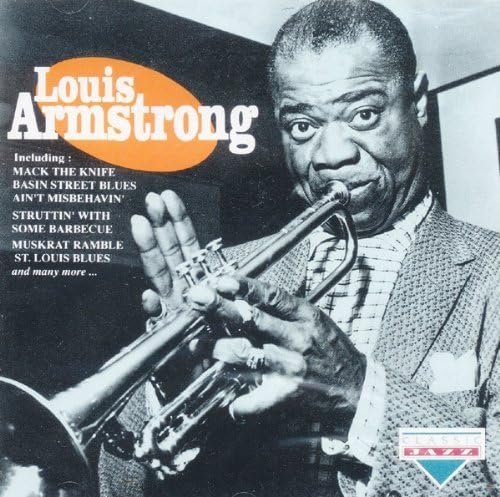

![Paul Mauriat - L'avventura (1972) [Hi-Res] Paul Mauriat - L'avventura (1972) [Hi-Res]](https://img.israbox.com/img/2025-12/19/q8l5an3pdrx7j3uta0q4cr2qi.jpg)
![Grises - Eveil (2025) [Hi-Res] Grises - Eveil (2025) [Hi-Res]](https://www.dibpic.com/uploads/posts/2025-12/1766127968_cover.jpg)

